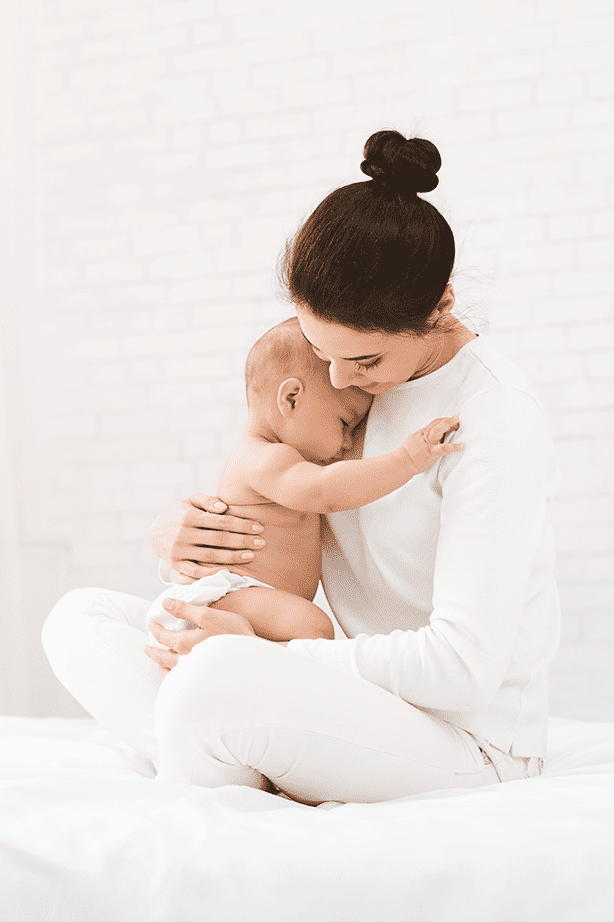A mother’s presence in their child’s life is of the utmost importance. We can’t raise healthy children if we aren’t there for them both physically and emotionally.
Having a baby is a transformative experience, and some new mothers mourn the loss of their former lives, which is natural and appropriate given the amount of changes that have taken place. It is both a mother’s presence and consistent responses and interactions with her child that will provide the child with the security they will need to separate from you in a healthy way when they are older.
What many parents do not know is just how much a mother’s nurturing presence in the early years affects brain development. Spending more time with your child during this critical period of development helps build emotional security and resilience to stress, as well as improved ability to regulate emotions, read social cues, achieve higher emotional intelligence and connect with others.
It is important that all mothers strive to be as present as possible during those first three years of a child’s life.

This need to be present means that mum-guilt is real – many women who head back to work feel guilty about it, regardless of how much time they have taken for maternity leave. Mothers need to determine how they want to prioritise family and work. Some sacrifices may need to be made such as scaling back work hours or making career decisions that involve making less money. If we can let go of fear of losing out on our careers, we can realise that the time we spend with our children is an investment in their development and emotional future.
In all of the concerns about raising a healthy child, mothers cannot forget that taking care of their own well-being is critical – maternal health is good for the baby. To support their own wellbeing, mothers should take the time to nourish and nurture themselves, whether it be taking the time to go for walks, take yoga classes or get a manicure. Mothers also need to look out for their own feelings of boredom and postpartum depression. Boredom can be a sign of postpartum depression, but is often dismissed, with women being told they need to spend less time with their child and more time on outside activities.

Pregnancy, childbirth and motherhood are hormonal rollercoasters which can leave otherwise healthy mothers feeling depressed. Pervasive feelings of disconnection and disengagement with daily tasks are telltale symptoms of postpartum depression. It’s important that these symptoms are recognised and dealt with professionally. It’s easy and tempting to dismiss a mother’s feelings of depression and boredom as normal, especially given the stigma surrounding mental illness. For the good of both mothers and children, these issues must be discussed and dealt with as openly and honestly as possible.
For more on this topic with Erica, tune into Episode 136 of the PakMag Parents Podcast at www.pakmag.com.au/podcast





